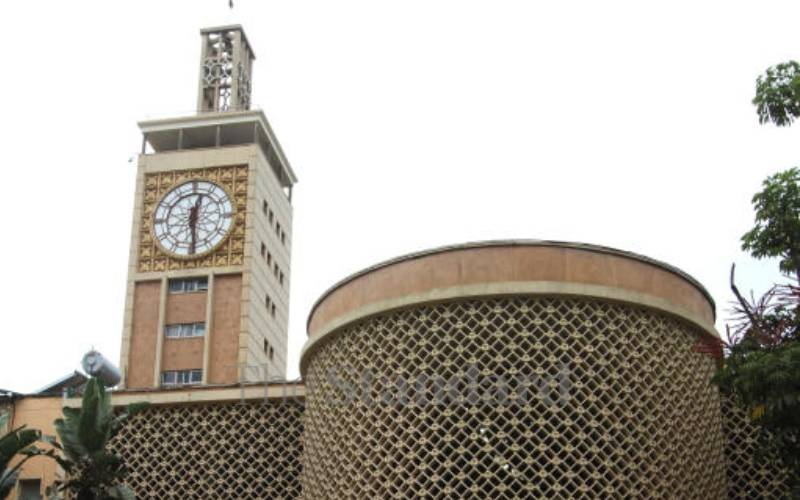×
The Standard e-Paper
Home To Bold Columnists

All the nominees came in early and humbled themselves in the presence of our elected representatives. [Courtesy]
It’s been a busy week for our wahesh. No, none was caught up planning a bash for Katiba – the meddler and killjoy who turned 11 on Friday, surprisingly unmutilated. They were vetting some presidential nominees for public office at a time they should be enjoying their recess in beach shorts and swimsuits.